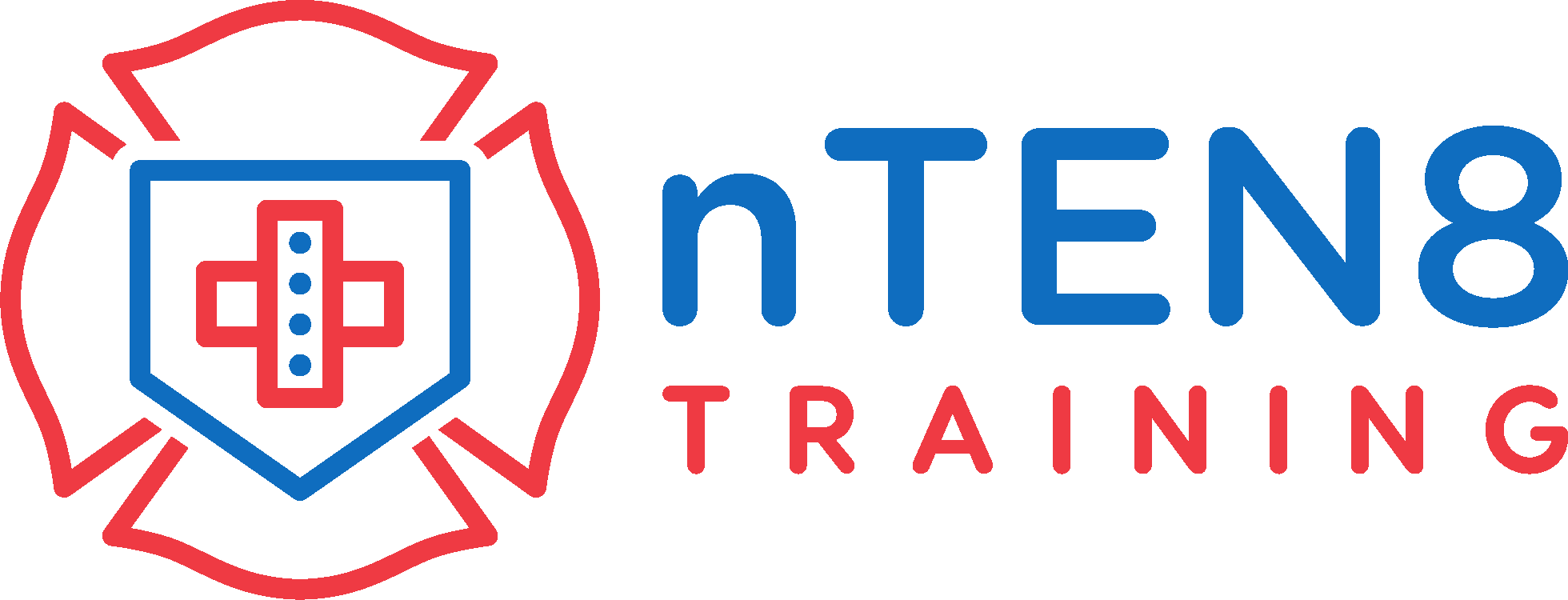Introduction to Project Management: This introductory program will help you grasp the fundamentals of project management. Understand its meaning, relevance, and how it can enhance your work. Our goal is to simplify and make it more accessible.
Organizing Your Project: Learn the essential steps of project planning, from setting objectives to developing a schedule. These core skills will enhance the efficiency and organization of your projects.
Building Your Project Team: Learn how to assemble and manage a project team, understanding each member's roles and responsibilities. Effective communication is key to project management success.
Implementing and Monitoring Progress: Gain the skills needed to monitor progress, make necessary adjustments, and keep your project on track. This module offers practical advice to ensure your projects run smoothly.
Project Completion and Evaluation: Wrap up your project effectively. Learn about closure procedures, including evaluating achievements, identifying areas for improvement, and documenting lessons learned. The goal is to successfully complete your project.





